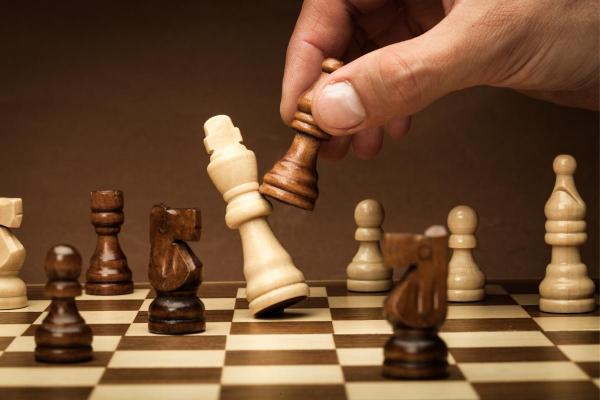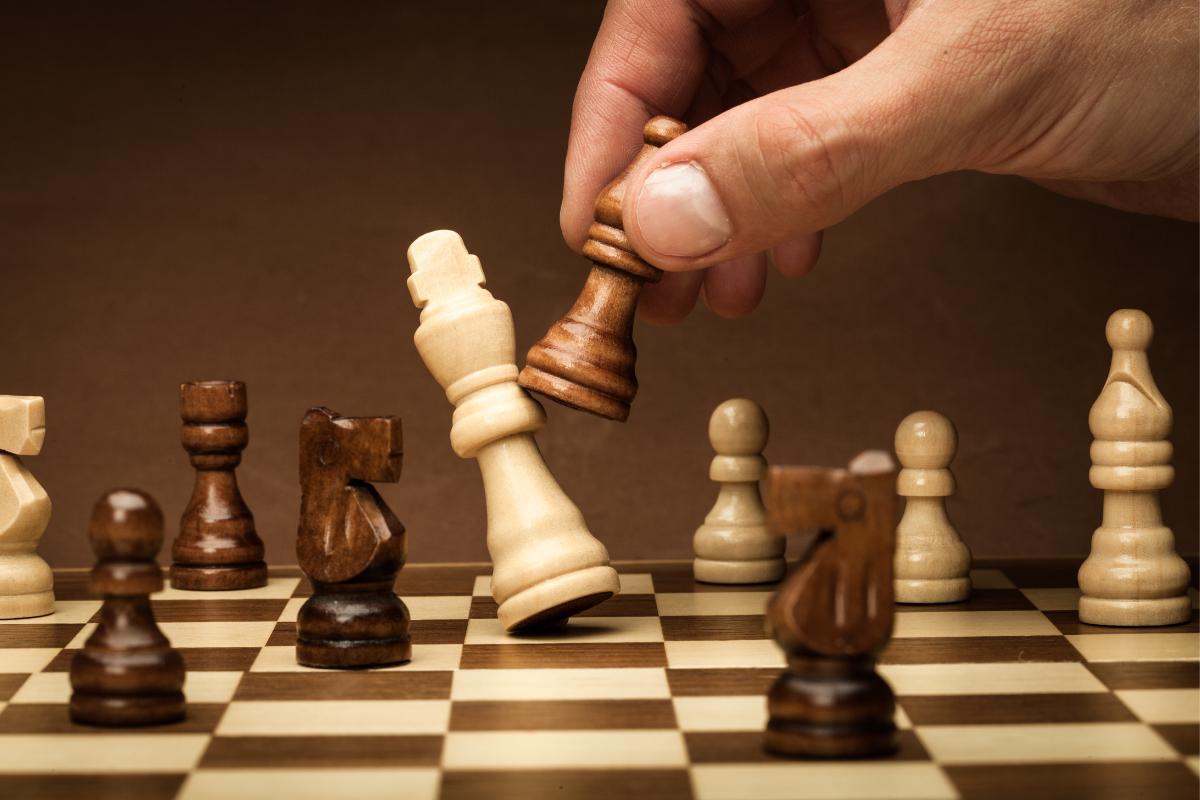Why is Chess Considered a Sport?


Chess has a rich and interesting history, going back centuries. It started in 6th century AD India, where it was known as chaturanga. Over time, chess has become a powerful symbol of cultural exchange, intellectual challenge, and the enduring human fascination with strategy and problem-solving. In fact, it has had a great cultural impact, influencing art, literature, and even warfare.
Despite its intellectual demands and strategic depth, some people might not consider chess a sport. This article from oneHOWTO discusses why chess is considered a sport, exploring the arguments that support its place in the sporting world and highlighting the many benefits it offers players of all ages.
Regulated structure
Chess boasts a well-defined structure and regulations, mirroring those of other established sports. In fact, The World Chess Championship, dating back to 1886, predates the first official championships in hockey, football (soccer), cycling, rugby, volleyball, basketball, and judo.
Beyond tradition, chess is governed by a clear set of rules that define legal moves, piece interactions, and victory conditions. These rules ensure fair play and strategic depth. Furthermore, a penalty system exists to address violations of the code of ethics, maintaining sportsmanship and integrity during competition.
Chess even adheres to the anti-doping policy enforced by the International Olympic Committee (IOC). This demonstrates the sport's commitment to fair competition and peak mental performance achieved through training, not artificial enhancement.

Competition and skill
Each chess game becomes an intense intellectual contest, often lasting for several hours. Players must engage in careful planning and maintain strong concentration to succeed.
Mistakes in chess are significant. A single error can give an advantage to the opponent, with little room for recovery. Every move is important, adding a considerable psychological and mental challenge. Unlike many other sports where players can often recover from mistakes, chess requires consistent precision and focus. This makes chess a uniquely challenging and competitive experience.
Recognition by sports organizations
Despite its strategic depth and demanding mental focus, chess hasn't yet secured a permanent spot on the Olympic stage. The International Olympic Committee (IOC) recognized chess as a sport in June 1999, but it has only been featured as an exhibition event at select Olympic Games since 2004.
However, chess enjoys widespread recognition as a sport in over 100 countries, including 24 out of 28 European Union members. Notably, the United Kingdom, Ireland, Belgium, and Sweden haven't yet officially recognized chess as a sport.

Mental effort and physical preparation
Chess, while lacking the physical exertion of traditional sports, presents a unique challenge. The intense focus required for extended periods, often lasting hours or even days, can cause significant mental fatigue. Unlike physical exhaustion, mental wear and tear in chess manifests as a struggle to maintain concentration and strategic foresight.
However, top chess players recognize the importance of conditioning for peak performance. They train with professional teams comprised of coaches, psychologists, and even nutritionists. This holistic approach ensures optimal mental and physical fitness, allowing players to withstand the grueling demands of competition.
Competitive tournaments
Chess boasts a well-organized tournament structure, mirroring established sports. From local club matches to the pinnacle of competition, the World Chess Championship, players vie for victory across a variety of formats. These formats, often involving round-robin or Swiss system structures, closely resemble those used in other competitive sports.
Health benefits of chess
Playing chess offers numerous health benefits, particularly for the brain. This discipline demands planning, memory, and concentration, making it an excellent activity for mental exercise.
A study[1]published in China had found that playing chess at a professional level improves how well different parts of the brain work together. Over time, playing chess can enhance memory, thinking skills, and how quickly the brain and eyes work together.
Regular practice of chess provides several health benefits, including:
- Enhanced cognitive function: chess requires constant strategizing, planning, and problem-solving. This mental workout can lead to improved memory, concentration, and critical thinking skills. Studies suggest it may even help delay the onset of dementia.
- Boosts creativity: while chess might seem rigid with its set pieces, it actually encourages creative thinking. You need to find innovative solutions to outsmart your opponent, fostering a creative approach to problem-solving.
- Improved focus and attention: chess demands sustained focus for extended periods. As you play more, your ability to concentrate and filter out distractions improves. This benefit can translate to other areas of your life, like studying or work.
- Sharpened decision-making skills: every move in chess requires careful evaluation. You constantly weigh risks and rewards, honing your ability to make quick and sound decisions under pressure.
- Stress reduction and relaxation: despite the mental exertion, chess can be a calming and meditative activity. It allows you to escape daily worries and become fully absorbed in the strategic challenge, promoting relaxation and stress reduction.
- Increased self-confidence: Mastering chess and winning games can significantly boost your confidence. It provides a sense of accomplishment and the knowledge that you can persevere through challenges.
Intrigued by games that promote logical thinking in children? Check out our other article for a deeper dive into this topic.

What is World Chess Day?
World Chess Day is celebrated on July 20, an anniversary proclaimed in 2019 by the United Nations General Assembly to commemorate the founding of the International Chess Federation (FIDE) in 1924 in Paris.
The celebration of World Chess Day honors the game's contributions to promoting sustainable development, education, cooperation, peace, social inclusion, solidarity, and health at local, regional, and international levels.
Additionally, this day emphasizes chess's role in achieving the Sustainable Development Goals outlined in the 2030 Agenda for Sustainable Development. These goals include promoting gender equality, strengthening education, empowering women and girls, and fostering tolerance, inclusion, and respect.
Want to foster good values in your children while having fun? Check out our next article for game suggestions that promote understanding of right and wrong.
If you want to read similar articles to Why is Chess Considered a Sport?, we recommend you visit our Sports category.
- Song L, Yang H, Yang M, Liu D, Ge Y, Long J, Dong P. Professional chess expertise modulates whole brain functional connectivity pattern homogeneity and couplings. Brain Imaging Behav. 2022 Apr;16(2):587-595. doi:10.1007/s11682-021-00537-1. Epub 2021 Aug 28. PMID: 34453664.







